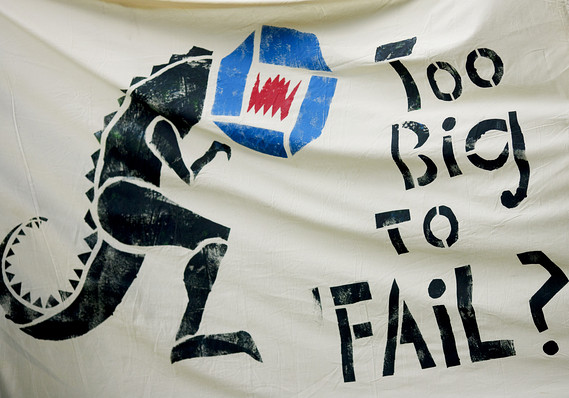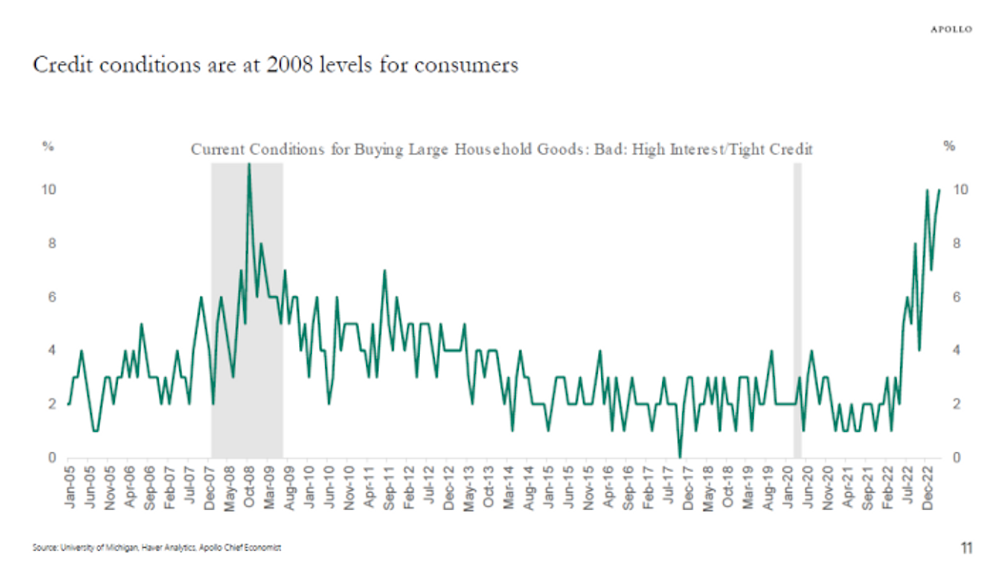
Freddie Mac reported a surprising profit in the second quarter and indicated that it may not need additional federal aid -- at least for now. But the profit turned to a loss for shareholders after the company paid the U.S. government a $1.1 billion dividend.
The giant residential-mortgage company, which has been struggling with rising delinquencies and foreclosures, said it posted $768 million in net income. The second-quarter profit was its first in two years and reversed a loss of nearly $10 billion in the first quarter.
After making the dividend payment to the government on senior preferred stock, the company had a net loss attributable to common stockholders of $374 million, or 11 cents per share.
The company attributed the gain to accounting changes, higher interest rates that improved the value of its derivatives and improvements in the housing market. Still, the company remained cautious and warned that it could require additional capital injections from the Treasury in the future.
"While we are seeing some early signs pointing to a housing recovery -- including a modest uptick in house prices in some markets -- our outlook remains cautious due to rising foreclosures, growing unemployment, tight lending standards and buyers' reluctance to re-enter the market," said interim Chief Executive John Koskinen.
Fannie Mae, Freddie Mac's larger rival, on Thursday reported a $14.8 billion net loss and said it would need nearly $10.7 billion more from the Treasury. Some analysts say Fannie Mae has been more aggressive in building up its loan-loss reserves, to about $55 billion, compared with $25 billion for Freddie Mac.
So far, Freddie has taken nearly $51 billion in government aid, compared with about $46 billion for Fannie. The Treasury has agreed to provide up to $200 billion to each of the firms to keep them running. Fannie Mae said on Thursday that that commitment, which the Obama administration increased from $100 billion in February, may not be enough to keep the company out of receivership. The companies' regulator last week said he didn't expect the government to ever directly recoup its entire investment in the companies.
Nearly a year after the government placed both companies into conservatorship amid rising losses, the Obama administration is just beginning to consider how to restructure the mortgage market and decide the fate of Fannie and Freddie. "Given everything else that's on our plate right now, it's unrealistic to expect faster action," said Michael Barr, an assistant Treasury secretary.
The White House won't make specific policy recommendations until February but has said it will consider a range of alternatives, from incorporating the companies' functions into a federal agency to privatizing and breaking up the companies.
The prospect of continued losses as the housing market struggles to stabilize also will complicate efforts to revamp the companies. "Until there's a better handle on what their credit costs are going to be, it's kind of hard to do anything," says Bert Ely, a longtime banking consultant in Alexandria, Va., who has argued for the U.S. to privatize the companies. "Even, next February, we're not going to know how deep the hole is."
The giant residential-mortgage company, which has been struggling with rising delinquencies and foreclosures, said it posted $768 million in net income. The second-quarter profit was its first in two years and reversed a loss of nearly $10 billion in the first quarter.
After making the dividend payment to the government on senior preferred stock, the company had a net loss attributable to common stockholders of $374 million, or 11 cents per share.
The company attributed the gain to accounting changes, higher interest rates that improved the value of its derivatives and improvements in the housing market. Still, the company remained cautious and warned that it could require additional capital injections from the Treasury in the future.
"While we are seeing some early signs pointing to a housing recovery -- including a modest uptick in house prices in some markets -- our outlook remains cautious due to rising foreclosures, growing unemployment, tight lending standards and buyers' reluctance to re-enter the market," said interim Chief Executive John Koskinen.
Fannie Mae, Freddie Mac's larger rival, on Thursday reported a $14.8 billion net loss and said it would need nearly $10.7 billion more from the Treasury. Some analysts say Fannie Mae has been more aggressive in building up its loan-loss reserves, to about $55 billion, compared with $25 billion for Freddie Mac.
So far, Freddie has taken nearly $51 billion in government aid, compared with about $46 billion for Fannie. The Treasury has agreed to provide up to $200 billion to each of the firms to keep them running. Fannie Mae said on Thursday that that commitment, which the Obama administration increased from $100 billion in February, may not be enough to keep the company out of receivership. The companies' regulator last week said he didn't expect the government to ever directly recoup its entire investment in the companies.
Nearly a year after the government placed both companies into conservatorship amid rising losses, the Obama administration is just beginning to consider how to restructure the mortgage market and decide the fate of Fannie and Freddie. "Given everything else that's on our plate right now, it's unrealistic to expect faster action," said Michael Barr, an assistant Treasury secretary.
The White House won't make specific policy recommendations until February but has said it will consider a range of alternatives, from incorporating the companies' functions into a federal agency to privatizing and breaking up the companies.
The prospect of continued losses as the housing market struggles to stabilize also will complicate efforts to revamp the companies. "Until there's a better handle on what their credit costs are going to be, it's kind of hard to do anything," says Bert Ely, a longtime banking consultant in Alexandria, Va., who has argued for the U.S. to privatize the companies. "Even, next February, we're not going to know how deep the hole is."



















No hay comentarios:
Publicar un comentario